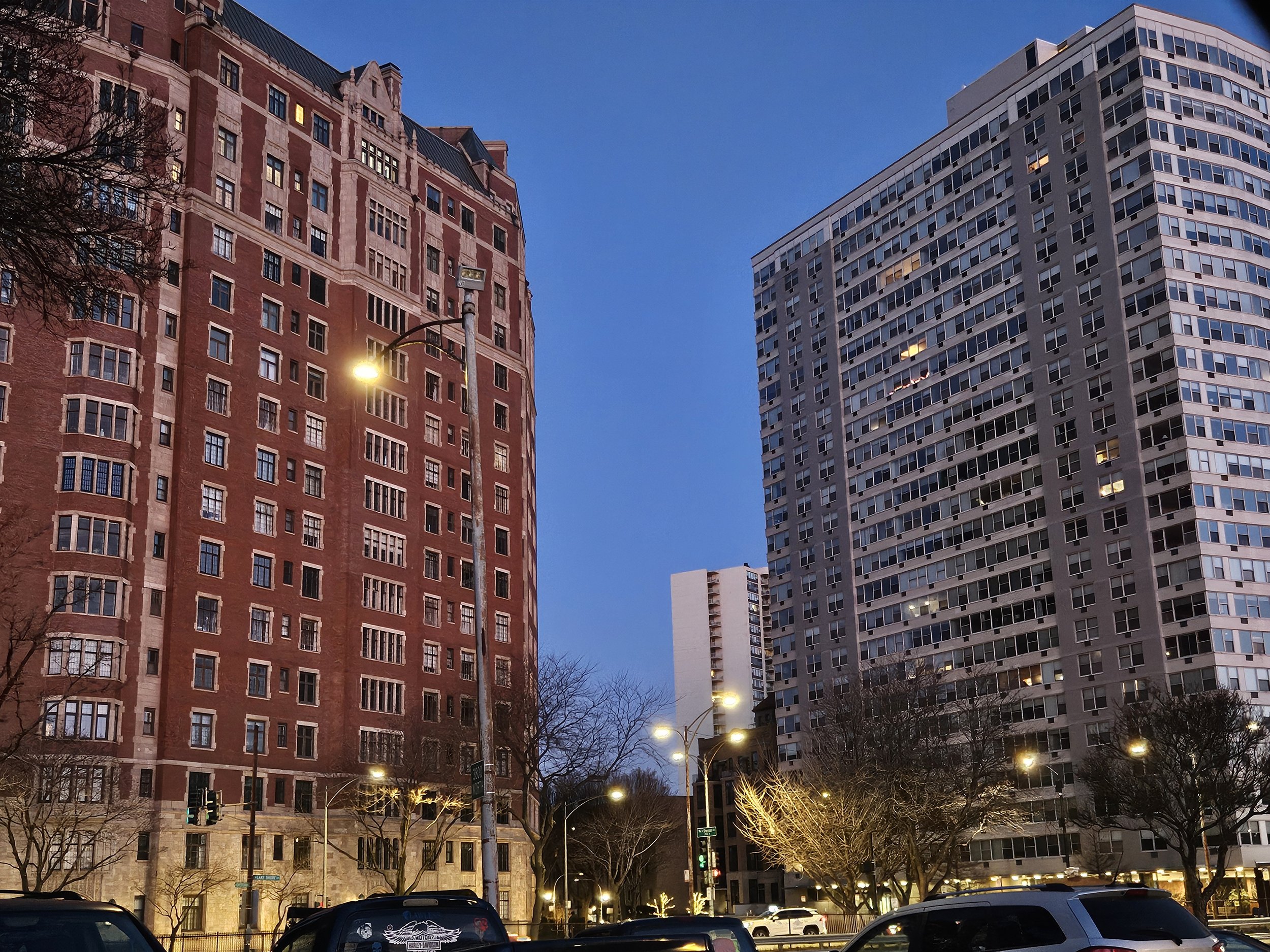Updated March 11, 2024
Help Save Birds
Lights Out Chicago is a program of the Chicago Bird Alliance in cooperation with the Mayor’s Nature and Wildlife Committee and the Building Owners and Managers Association of Chicago.
For years, the managers of many of Chicago’s tall buildings have served as examples to the nation of how birds’ lives can be saved when turning off all non-essential lighting from 11 pm until sunrise during the migration season (mid-March to early June and late August to mid-November).
Tenants on the upper floors of tall buildings are encouraged to turn out lights or draw blinds after 11 p.m.
What you can do to help
Tall buildings can save many birds by extinguishing decorative lighting on the upper stories after 11 p.m. each evening and leaving lights off until daylight from March 15 to June 15 for the spring migration, and again from August 15 to November 15 for the fall migration. Birds migrate throughout these months. Tenants on the upper floors are encouraged to turn out lights or draw blinds after 11 p.m. These recommendations apply to all buildings of 40 or more stories and to buildings of 20 or more stories that are isolated from other buildings.
Short buildings along the lakefront (with extensive glass exteriors) can save birds by extinguishing exterior lighting and extinguishing interior lighting or drawing blinds from March 15 to June 15 each evening after 1 a.m. and from August 15 to November 15, leaving the lights off until daylight. Buildings with lighted atria can save birds by reducing atrium lighting in the early morning hours.
Based on new research, we recommend that during the Lights Out migration periods, lights be turned off (or blinds drawn) in all perimeter office and residential spaces on all floors from 4 am to full daylight. Birds that are decreasing their elevation to settle in to rest, after their long migratory journey, will have a reduced risk of colliding with windows.
Frequently Asked Questions
Why are tall buildings a trap for migrant birds?
It is thought that the lights on tall buildings confuse the navigation systems of birds unlucky enough to have these buildings in their flight path. They circle the buildings repeatedly and die of exhaustion or collision.
What kind of birds are they?
Over 250 species migrate through Chicago, about 5 million individuals in all. Many birds that are killed at Loop buildings are small migrants from the tropics – warblers, thrushes, tanagers and others.
What other hazards do Loop buildings pose for birds?
Reflective windows and lighted atria are significant sources of bird mortality. Birds may be attracted to reflected trees or sky, or try to fly through glass to indoor vegetation.
For more information, contact Chicago Bird Alliance at (773) 539-6793.
To review the research used to make these recommendations, visit www.flap.org.


